Buying Votes in Broad Daylight: Bihar’s Welfare Blitz Raises Questions Over Democracy and Intent
As Bihar stands on the brink of another high-stakes election, the BJP-JDU government has opened the floodgates of welfare schemes — from cash transfers to pension hikes to free electricity — all announced and executed with lightning speed in the month of September 2025, just weeks before the Model Code of Conduct is expected to come into force.
Among the most talked-about announcements is the ₹10,000 cash transfer to 75 lakh women under the “Mukhyamantri Mahila Udyami Yojana.” The scheme, on paper, is meant to promote women’s self-employment through Self-Help Groups (SHGs) and micro-enterprise support. On the surface, this is a legitimate and much-needed initiative, and yes — it is the government’s duty to uplift women economically and socially.
But critical questions remain unanswered. And the timing, as well as the process, casts a long shadow over its intent.
Did 75 Lakh Women Really Apply?
A scheme involving ₹7,500 crore of public funds — transferred directly into individual accounts — deserves serious scrutiny. Yet, basic details are missing:
-
Did all 75 lakh beneficiaries actually apply for the loan assistance?
-
Were SHG verifications, income assessments, and entrepreneurial plans properly reviewed?
-
Have banks and implementing agencies received and processed complete documentation?
-
Were women informed in advance about terms, repayments, usage conditions — or was this just a blanket cash deposit presented as support?
These are not minor technicalities — they go to the heart of transparency and accountability. Without proper verification, the line between a welfare loan and a political gift becomes dangerously thin.
If this is a structured scheme, where is the evidence of due process? If it’s a gift timed with elections, then it’s a transaction — not governance.
A Pattern That Cannot Be Ignored
The ₹10,000 women’s scheme is not an isolated event. In the same month:
-
Pension for 1 crore people was nearly tripled, without any prior budget announcement.
-
₹456 crore was distributed to 6.5 lakh flood-hit families — after years of delay — and suddenly, just before elections.
-
Free electricity up to 125 units was granted across households.
-
Tablets and smartphones for teachers, travel allowances for students, and multiple “youth” initiatives were cleared in back-to-back cabinet meetings — all in September.
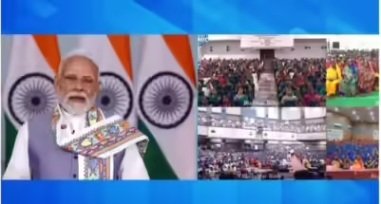
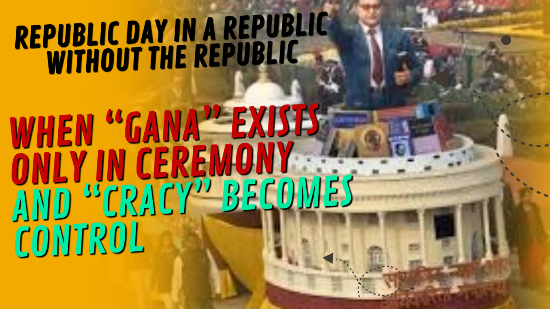
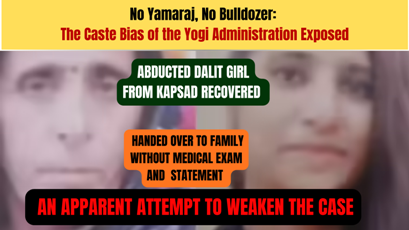



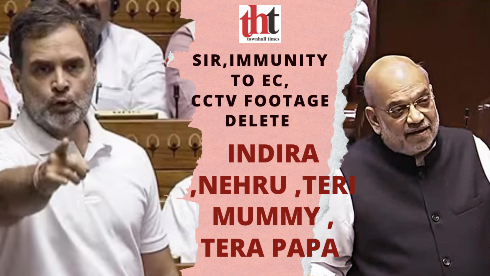

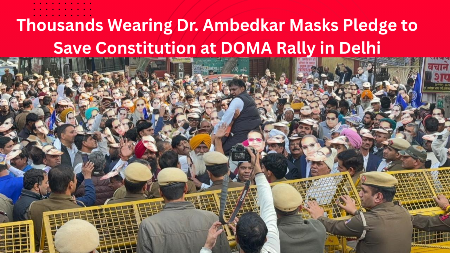
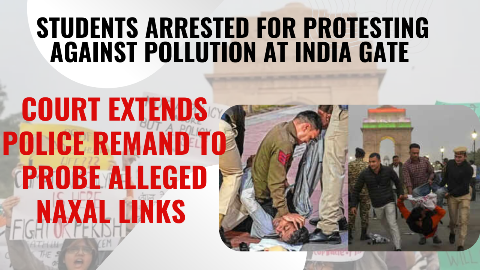

Leave a Reply